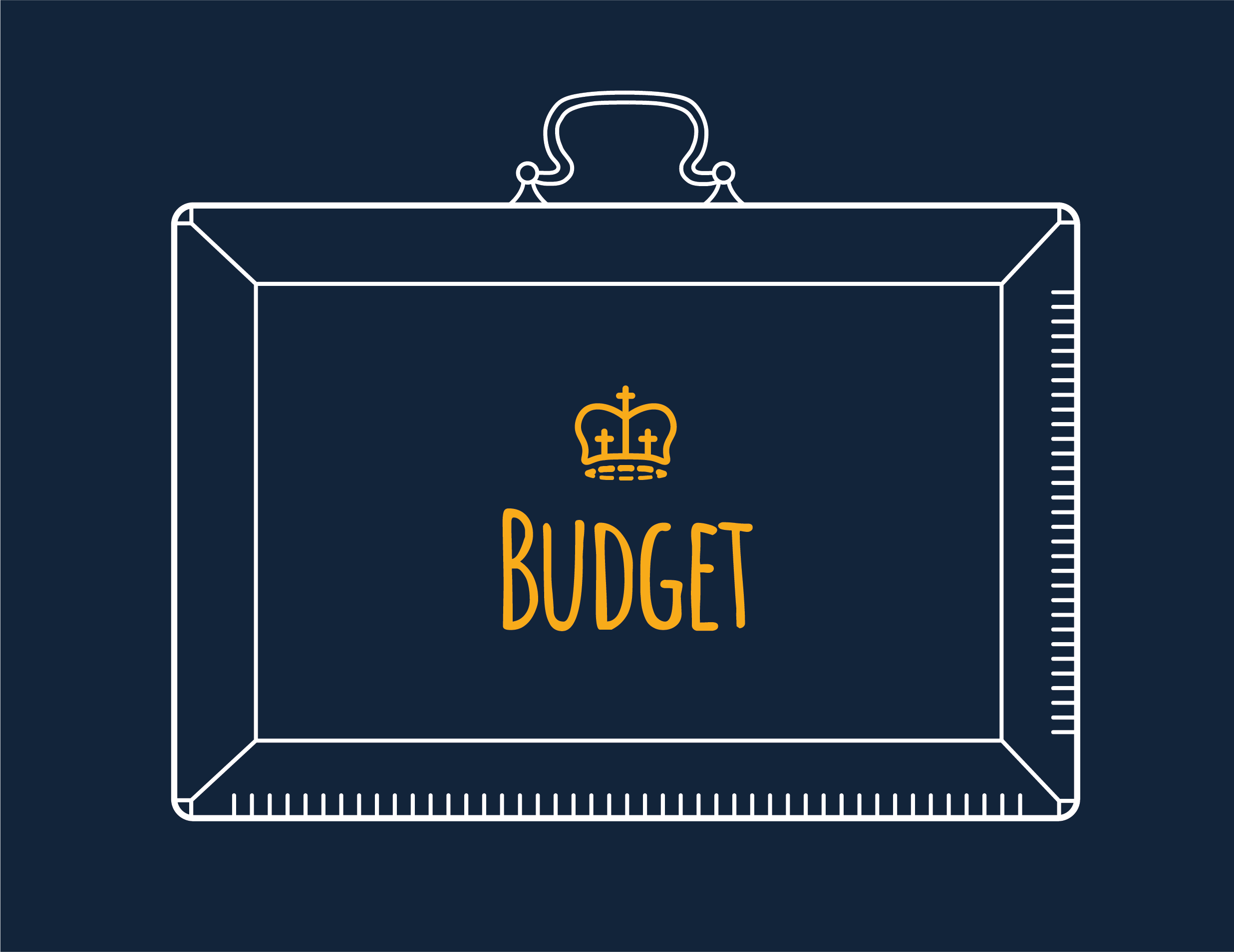
Owning a car comes with a range of costs. On top of whatever you pay for your car your motoring outgoings include car insurance, repairs and fuel.
One of the other compulsory costs you’ll face is Vehicle Excise Duty (VED). More commonly known as car tax or road tax. The amount of tax that you pay depends on a range of factors including engine size, fuel type, carbon dioxide (CO2 emissions) and when the vehicle was first registered.
Keep reading for everything you need to know about taxing your car.
Cars registered before 1 March 2001
If your car was first registered before 1 March 2001, there are only two bands of car tax. The amount of road tax you pay depends on the engine size of your car.
- If the engine size is under 1549cc, you’ll pay £155 for 12 months of tax and £85.25 for 6 months tax.
- If the engine size is over 1549cc, you’ll pay £255 for 12 months of tax and £140.25 for 6 months.
Cars registered between March 2001 and April 2017
If your car was registered between March 2001 and April 2017, you will pay tax based on the carbon dioxide (CO2) emissions of your car, which is measured in the number of grams emitted per km (/g/km). There are 13 bands dependent on vehicle emissions.
Between April 2010 and April 2017 new car buyers also incurred a first year rate of tax, dubbed the ‘showroom tax’. The government incentivised the purchase of efficient vehicles, which is why there was no first-year tax to pay on cars in the first four bands (A to D).
Cars with up to 100 g/km CO2 emissions pay no road tax at all. The cost of road tax then becomes more expensive as the emission levels rise, from 101 g/km to over 255 g/km. The information below shows the costs of car tax depending on your band and whether you want 6 or 12 months tax.
| Tax Band | 6 months of tax | 12 months of tax |
| Band A (up to 100 g/km) | No car tax payable | No car tax payable |
| Band B (101 to 110 g/km) | (no 6-month option) | £20 car tax |
| Band C (111 to 120 g/km) | (no 6-month option) | £30 car tax |
| Band D (121 to 130 g/km) | £66 | £120 |
| Band E (131 to 140 g/km) | £77 | >£140 |
| Band F (141 to 150 g/km) | £85.25 | £155 |
| Band G (151 to 165 g/km) | £107.25 | £195 |
| Band H (166 to 175 g/km) | £126.50 | £230 |
| Band I (176 to 185 g/km) | £137.50 | £250 |
| Band J (186 to 200 g/km) | £159.50 | £290 |
| Band K (201 to 225 g/km) | £173.25 | £315 |
| Band L (226 to 255 g/km) | £297 | £540 |
| Band M (over 255 g/km) | £305.25 | £555 |
If you choose to pay monthly via Direct Debit, then you will pay a little more than this.
Cars registered after 1 April 2017
The car tax regime for new cars changed after 1 April 2017. While road tax is still calculated on your car’s CO2 emissions, only cars with zero emissions will be exempt from paying tax.
The sliding scale of first-year ‘showroom tax’ remains, but the standard rate of car tax has changed to a flat £140 for all cars except those emitting zero emissions (electric and hybrid vehicles).
Cars with a list price over £40,000 pay additional tax of £310 per year for five years.
There are still 13 bands depending on the emissions of your car. The rates of car tax are:
| Emissions (g/km of CO2) | Diesel cars meeting RDE2 and petrol cars first-year rate | All other diesels first-year rate | Alternative-fuel vehicle first-year rate | Standard petrol/diesel annual rate | Standard alternative fuel annual rate |
| 0 g/km emissions | £0 | £0 | £0 | £0 | £0 |
| 1 – 50 g/km emissions | £10 | £25 | £0 | £140 | £130 |
| 51 – 75 g/km emissions | £25 | £105 | £15 | £140 | |
| 76 – 90 g/km emissions | £105 | £125 | £95 | £140 | |
| 91 – 100 g/km emissions | £125 | £145 | £115 | £140 | |
| 101 – 110 g/km emissions | £145 | £165 | £135 | £140 | |
| 111 – 130 g/km emissions | £165 | £205 | £155 | £140 | |
| 131 – 150 g/km emissions | £205 | £515 | £195 | £140 | |
| 151 – 170 g/km emissions | £515 | £830 | £505 | £140 | |
| 171 – 190 g/km emissions | £830 | £1,240 | £820 | £140 | |
| 191 – 225 g/km emissions | £1,240 | £1,760 | £1,230 | £140 | |
| 226 – 255 g/km emissions | £1,760 | £2,070 | £1,750 | £140 | |
| Over 255 g/km emissions | £2,070 | £2,070 | £2,060 | £140 | |
| Cars above £40,000 pay £310 annual supplement for five years from the second year of registration. | |||||
Paying your car tax
The easiest way to pay your car tax is to do it online. You need the reference number from your car tax reminder and you can pay by credit or debit card. You can also pay by direct debit, but additional charges apply.
If you don’t want to pay online, you can telephone the DVLA’s 24-hour service on 0300 123 4321 to make a one-off payment. You can also tax your vehicle at a Post Office that deals with vehicle tax.
Remember that if you sell your car, you can’t transfer any unexpired tax to the new registered keeper. The new owner must tax the car before driving away. Let the DVLA know when you sell the vehicle as any remaining tax will be refunded to you.
If you need to tax your vehicle, or you need more information, there’s loads of information online. Head to the government website to find out more.


